
Picture this: you’ve got three job offers on the table. Each one’s from a solid company, with decent pay, cool teams, and exciting growth potential. Sounds like a dream, right? But instead of popping champagne youre frozen. Your brain’s spinning with questions: What if I pick the wrong one? What if I regret not choosing the other? Is there a hidden catch I’m missing? Oh man, I totally get how overwhelming that feels 😅 I was in that exact spot after college staring at three job o ffers, each one awesome in its own way but I couldn’t decide. It was like my brain was stuck in a loop and it was exhausting
This is decision paralysis when all your options are good but you cant pick one because youre scared of missing out or making a mistake. It’s not just you; it’s a super common struggle. In this guide, we’ll break down why your brain gets stuk, how it affects you, and practical ways to move forward with confidence. Ready to stop overthinking and start choosing?
I had three job offers. All great companies. Fair pay. Supportive teams. Exciting growth. And yet I couldn’t decide. Each option sparked new what ifs: “What if I regret not choosing the other?” “Which one is truly better long term?” “Am I missing something?” That’s decision p aralysis when all options seem good

Mental Wellness Test
Where Does Your Mind Need the Most Support?
Discover your emotional health in under 4 minutes.
Find out if what you’re feeling is:
burnout, anxiety,trauma
or just too many open tabs in your brain.
No pressure – Just clarity
Why Does Decision Paralysis Happen When All Options Are Good? 🤔
So, why does your brain freak out when you’ve got a bunch of great choices? It’s not just being indecisive there’s some legit psychology behind it. Here’s the lowdown:
1. Your Brain’s in Survival Mode
Our brains are wired to spot threats, and uncertainty is a big one. When you’ve got multiple good options, your brain sees each unchosen path as a potential loss. This is called loss aversion we feel the pain of losing something way more than the joy of gaining something new. So, even though all your choices are awesome, your brain’s like, “But what if I miss out on the other awesome thing?”
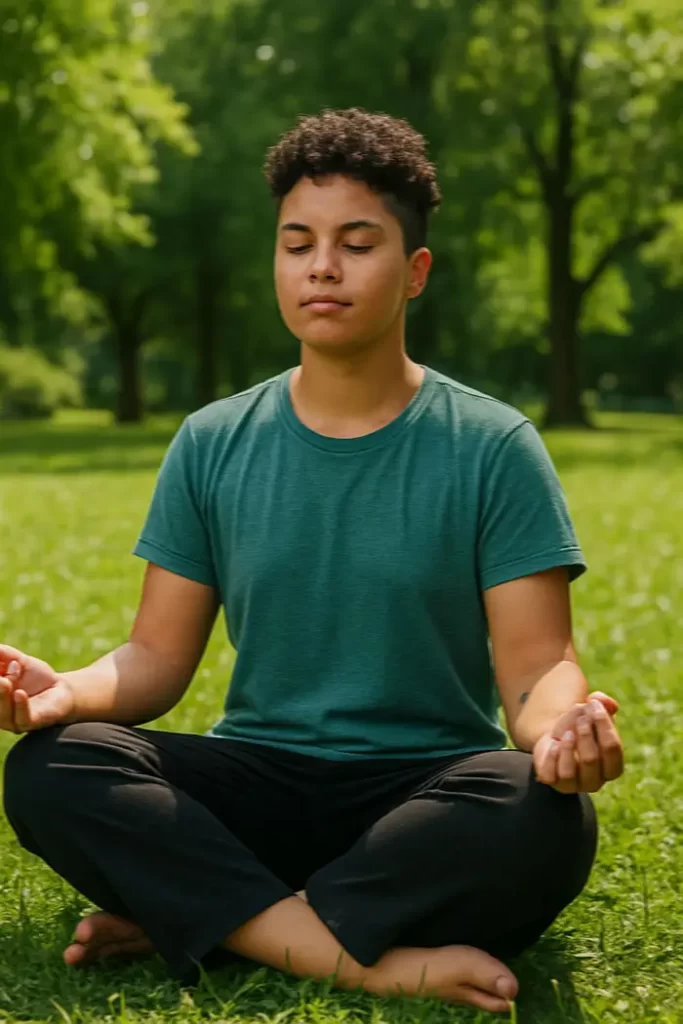
2. Fear of Regret
Nobody wants to look back and think, “Ugh, I should’ve gone with the other option.” This fear of regret can paralyze you, making you second-guess every choice. According to Harvard Business Review, the anticipation of regret can be stronger than regret itself, keeping you stuck in analysis paralysis.
3. Perfectionism’s Sneaky Grip
If you’re a perfectionist (yep, I’m raising my hand!), you might think there’s a perfect choice out there, and you’ve gotta find it. But here’s the truth: there’s no such thing as a perfect decision just good enough ones. Chasing perfection leads to endless overthinking, and that’s a one-way ticket to nowhere.
4. The Pain of Closing Doors
Every choice you make shuts out other possibilities, and that can feel like a mini-loss. Even if all the options are great, letting go of the “what could’ve been” can be tough. It’s like saying goodbye to alternate versions of your future, and that can hit hard.
I remember when I was picking between two vacation spots both gorgeous, both packed with fun activities. I spent weeks researching, making pros-and-cons lists, and asking friends for advice. In the end, I almost didn’t book anything because I couldn’t decide. That’s when I knew I needed a better way to handle this.
Why Abundance Triggers Paralysis
- Survival brain sees multiple unknown futures = potential threat
- Fear of regret activates loss aversion wiring
- Perfectionism fuels obsession with “the best” choice
- Each option feels like partially closing doors forever

How Decision Paralysis Messes with Your Vibe 😞
Decision paralysis isn’t just annoying it can take a real toll on your mental health and life. Here’s how it might be affecting you:
- Increased Anxiety: Overthinking every option can ramp up stress, leaving you feeling frazzled and on edge.
- Wasted Time: Hours spent researching or debating can eat into time you could’ve spent actually living your choice.
- Missed Opportunities: Waiting for the “perfect” decision can mean missing out on great possibilities. I almost lost one of those job offers because I took too long to decide.
- Lower Confidence: Constant second-guessing can make you doubt your ability to make good choices, which isn’t true you’re just stuck in a loop.
The kicker? All this overthinking doesn’t actually lead to better decisions. It just keeps you spinning your wheels, like a hamster in a fancy cage.
Why Nervous Systems Struggle With “Good vs Good”
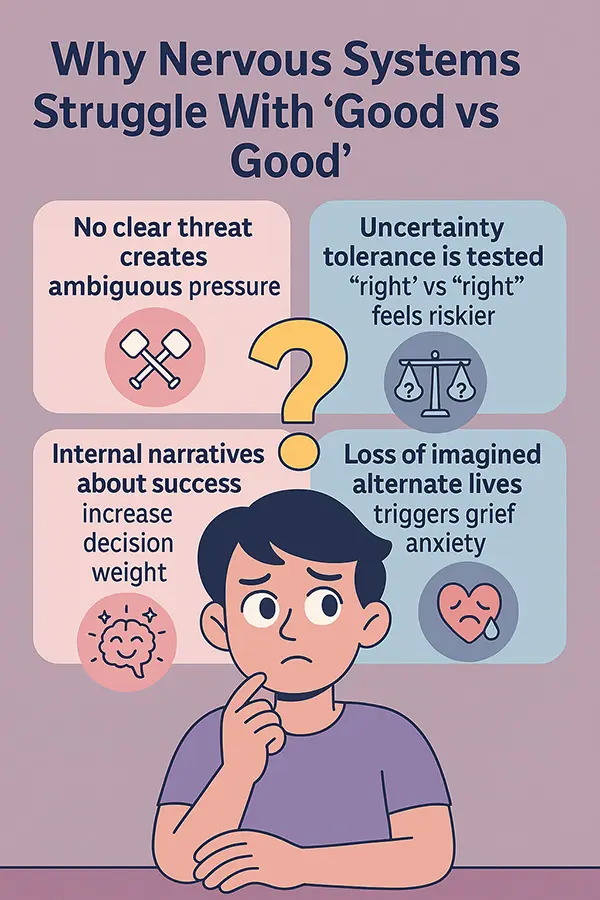
- No clear threat creates ambiguous pressure
- Uncertainty tolerance is tested “right vs right” feels riskier
- Internal narratives about success increase decision weight
- Loss of imagined alternate lives triggers grief anxiety
Signs You’re Caught in Decision Paralysis 🚧

Not sure if you’re stuck? Here are some telltale signs:
- Over-Researching Everything: You’ve read every review, watched every video, and still can’t decide. (I once spent hours comparing two laptops, only to end up more confused.)
- Seeking Endless Reassurance: You’re asking everyonefriends, family, even random Reddit threads for their take, hoping someone will decide for you.
- Looping Pros and Cons: Your brain’s stuck in a cycle of listing advantages and disadvantages, but you’re no closer to choosing.
- Waiting for a Sign: You’re hoping the universe will drop a hint to make the decision clear, like a job offer suddenly disappearing.
- Procrastinating: You keep putting off the choice until the last minute or worse, let opportunities slip away.
If any of these sound familiar, dont worry youre not broken. Your brains just doing its thing and we can help it chill out
How to Break Free from Decision Paralysis 💪
Ready to stop spinning and start choosing? Here are six practical strategies to help you move forward with confidence:
1. Reframe Decisions as Chapters, Not Life Sentences
Think of your life as a book, and each decision as the start of a new chapter. Choosing one option doesn’t mean the story’s over it just takes a different turn. This mindset takes the pressure off. When I was picking between those job offers, I told myself, “This is just my next chapter, not my whole book.” It made the choice feel less like a do-or-die moment.
2. Acknowledge Your Brain’s Loss Aversion
Your brain’s wired to focus on what you might lose, not what you’ll gain. Call it out: “Hey, brain, I know you’re worried about missing out, but I’m gonna be okay no matter what I choose.” This simple acknowledgment can loosen its grip. I did this when choosing a grad school program, and it helped me focus on the positives instead of the “what-ifs.”

3. Define Your Core Values
What matters most to you right now? Is it adventure, stability, growth, or something else? Write down your top three values and see which option aligns best with them. For example when I was choosing a job, I realized work-life balance was my top priority so I leaned toward the company that offered that. Try asking yourself: Which option supports who I’m becoming?
4. Embrace Imperfect Action
Perfection is the enemy of progress. Instead of waiting for the “perfect” choice, pick something that’s good enough and trust you can adjust later. As Brene Brown says, “Courage starts with showing up and letting ourselves be seen.” I took this approach when choosing a vacation spot picked one, booked it, and had a blast. No regrets!
5. Anchor Your Nervous System
When you’re stressed about a decision, your body can go into fight-or-flight mode, making it harder to think clearly. Try this: take a deep breath (inhale for 4, hold for 4, exhale for 4) or do a quick body scan to release tension. Say to yourself, “I can handle whatever comes next.” This helped me calm down when I was freaking out about a big career move.
6. Celebrate Your Decisiveness
Once you make a choice, give yourself a high-five. Acknowledge that you took a step forward, even if it felt scary. Say things like, “I trusted myself today,” or “I don’t need all the answers to move forward.” This builds confidence for the next time. After I picked a job, I treated myself to a fancy coffee to celebrate it felt like a small victory.
Signs of Decision Paralysis with Positive Options
- Over-researching every tiny factor
- Seeking excessive outside reassurance
- Looping mental pros/cons lists endlessly
- Waiting for a “sign” or perfect clarity
- Procrastinating until opportunities expire
The more choices we have, the more likely we are to feel overwhelmed.”
Barry Schwartz, The Paradox of Choice

How to Break Decision Paralysis with Gentle Confidence
1️⃣ Reframe Decisions as Chapters, Not Life Sentences
“This choice shapes my next season, not my entire existence.”

2️⃣ Acknowledge Loss Aversion Brain Bias
“My brain overweighs imagined losses from unchosen options.”
3️⃣ Define Personal Core Values Clearly
- Align choices with present priorities, not hypothetical futures
- Ask: “Which option supports who I’m becoming?”

4️⃣ Practice Imperfect, Courageous Action
- Choose good enough over perfect
- Remember: no option prevents future course-correction
5️⃣ Anchor Nervous System Safety During Choice
- Breathing: “I can handle outcomes as they unfold.”
- Body scans to release tension before deciding
6️⃣ Celebrate Decisive Moments as Growth
- “I trusted myself.”
- “I don’t need certainty to act.”
- “I’m flexible to adapt ahead.”
You Can Thrive Without Perfect Certainty
Freedom comes from releasing the myth of perfect decisions. Multiple good options mean life is offering richness, not traps. Your nervous sistem can learn that choice doesn’t require fear only trust in your capacity to adapt as you go. ]]
When to Seek Extra Help 🩺
If decision paralysis is taking over your life keeping you up at night, stalling big choices, or making you feel stuck it might be worth talking to a pro. Cognitive Behavioral Therapy (CBT) can help rewire those overthinking patterns. I saw a therapist when I couldn’t stop obsessing over a career choice, and it was like getting a map out of my own head. BetterHelp is a great place to start.
You Can Thrive Without Perfect Certainty 🌈
Here’s the deal: there’s no such thing as a perfect decision. Every choice comes with trade-offs, but that doesn’t mean you can’t make it work. By understanding why decision paralysis happens and using these strategies, you can trust yourself to pick a path and roll with it. Life’s too short to stay stuck in “what-if” land.
So, next time you’re staring down a bunch of great options, take a deep breath, pick one, and give yourself permission to enjoy the ride. You’ve got this! 😊 What’s one decision you’re ready to tackle? Drop it in the comments we’d love to cheer you on
For more mental wellness tips, check out our Self-Care Hub.

Q&A: Your Burning Questions Answered ❓
Got questions about decision paralysis? I’ve been there, so let’s tackle some common ones:
If they’re all great, you can’t really go wrong. Try flipping a coin not to decide, but to see how you feel about the result. If you’re disappointed, it might reveal your true preference. Or pick the one that excites you most right now. Trust you’ll make it work.
That’s your brain’s loss aversion talking. It’s normal to worry about the road not taken, but regret is often overblown in our minds. Focus on the wins of your choice. Psychology Today says most regrets fade when you embrace the path you’re on.
Not always. Indecision often comes from perfectionism or fear, not a lack of readiness. Taking action, even a small step, can build clarity and confidence. I wasn’t “ready” to pick a job, but choosing one helped me grow.
Set a time limit for research say, 30 minutes then make a choice. Or try the “10-10-10 rule”: ask, “How will I feel about this in 10 minutes, 10 months, 10 years?” It puts things in perspective. I used this when picking a new hobby, and it stopped me from overanalyzing.
Totally! Mindfulness keeps you grounded in the present, so you’re not spiraling over “what-ifs.” Try a quick 5-4-3-2-1 exercise: name 5 things you see, 4 you can touch, 3 you hear, 2 you smell, 1 you taste. It’s a game-changer. Check out Mindfulness for Beginners for more.
Related resources
- Psychology Today: “Help! I Can’t Make a Decision” explores how perfectionism, self-doubt, and dysfunctional thinking often lead to chronic indecisiveness
- Verywell Mind: “Decision Fatigue: Definition, Causes, and How to Combat It” defines decision fatigue, its mental energy implications, and ways to prevent poor choices by simplifying your decision load
Don’t miss the related articles
Ultimate Mental Wellness Test: Discover Emotional Health Just in 3 Min
Ever wonder where you stand with your mental health? That’s where our quick question Mini Mental Health Check comes in. It’s like a quick peek into your brain, giving you insights into your anxiety, burnout, and self-esteem levels.
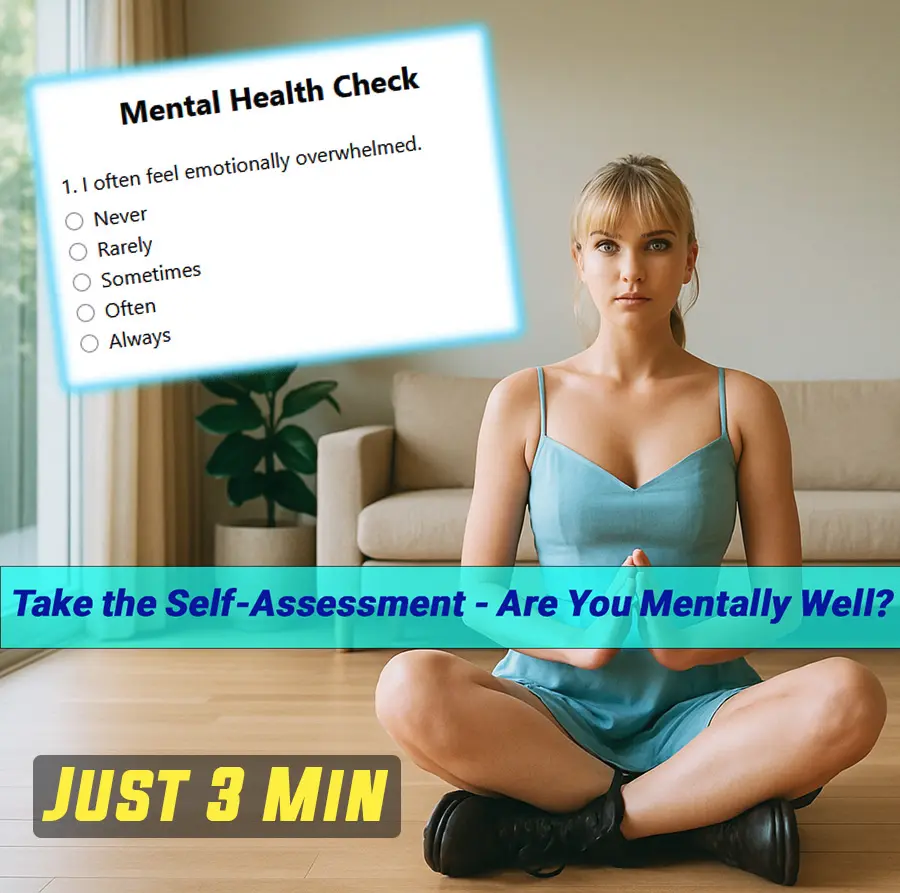
✨ Last updated on 08.08.2025
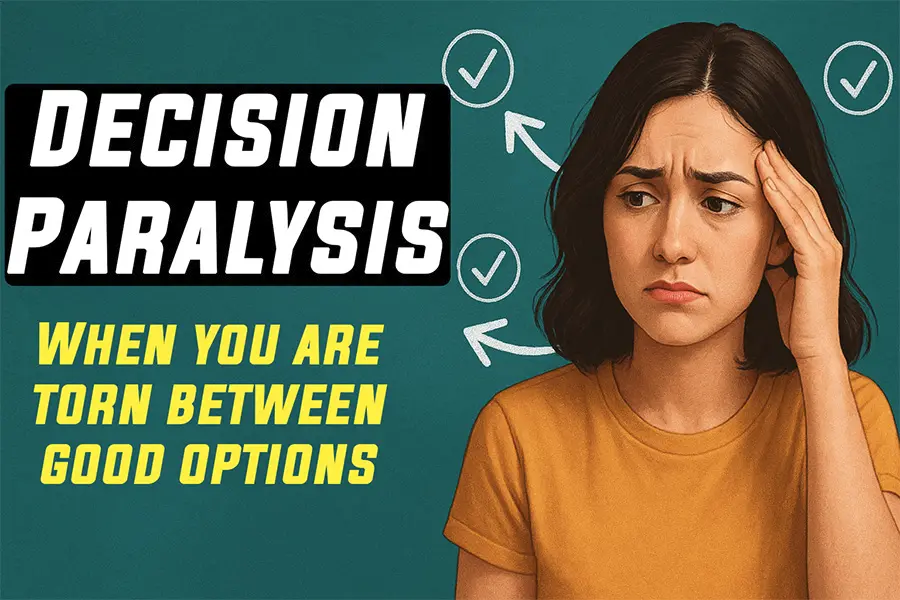
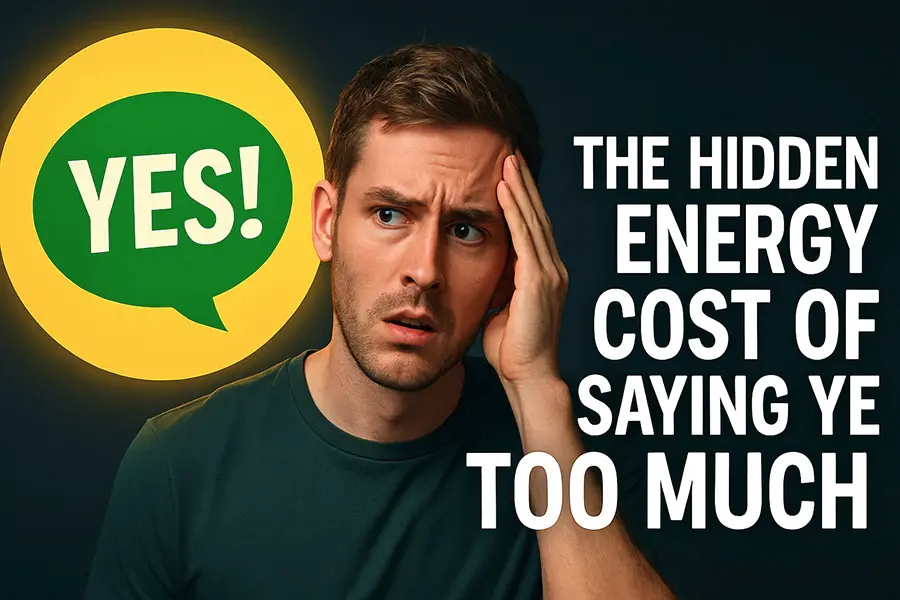
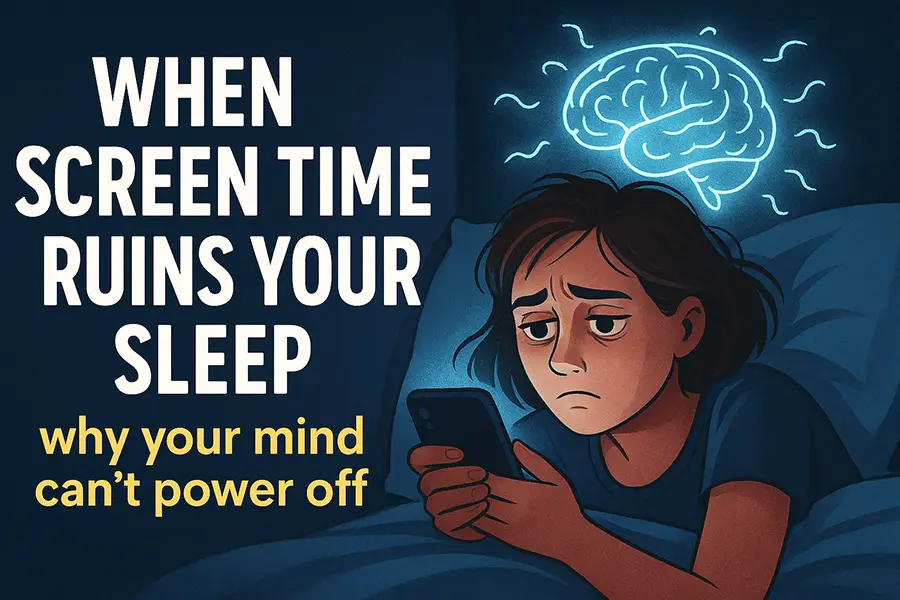

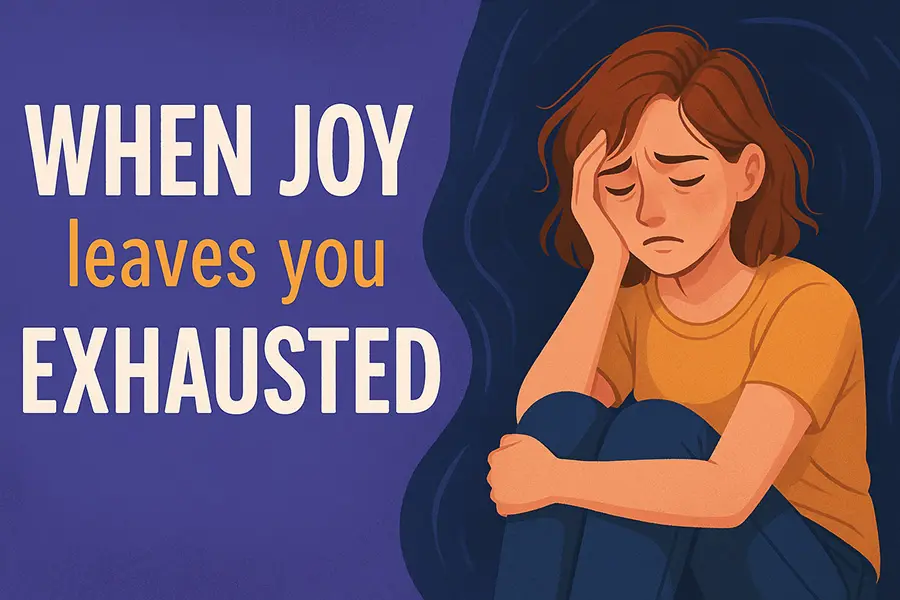
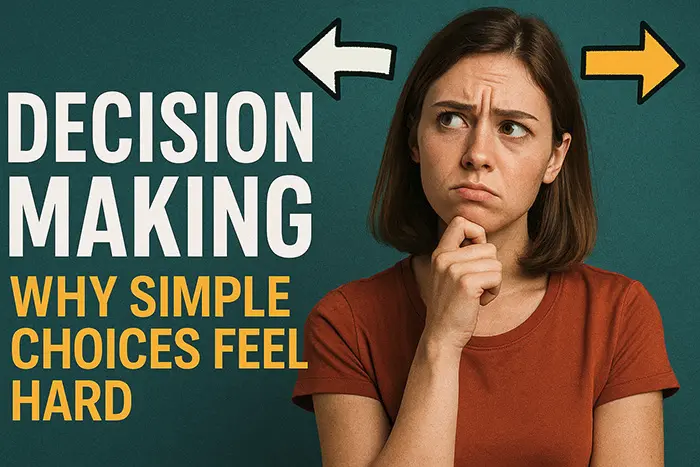
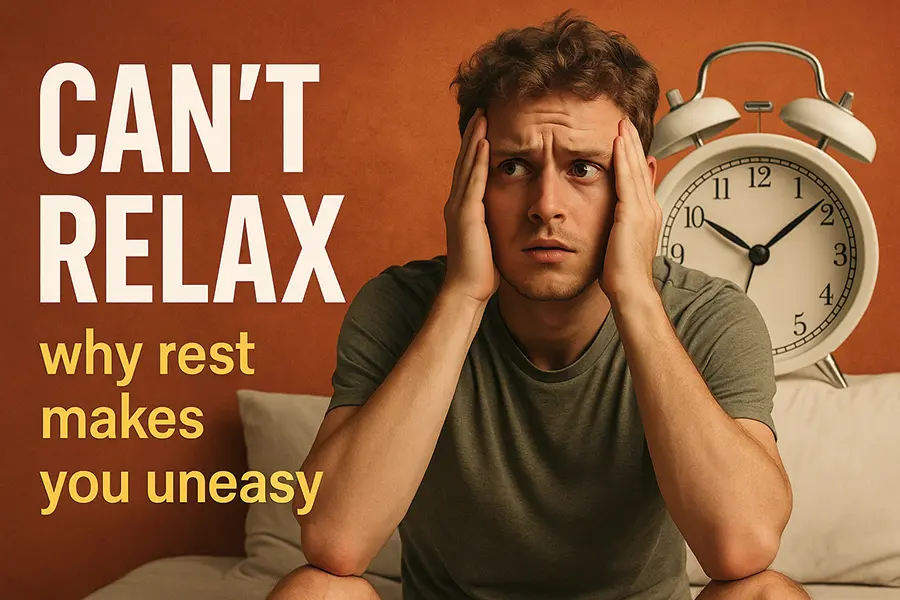
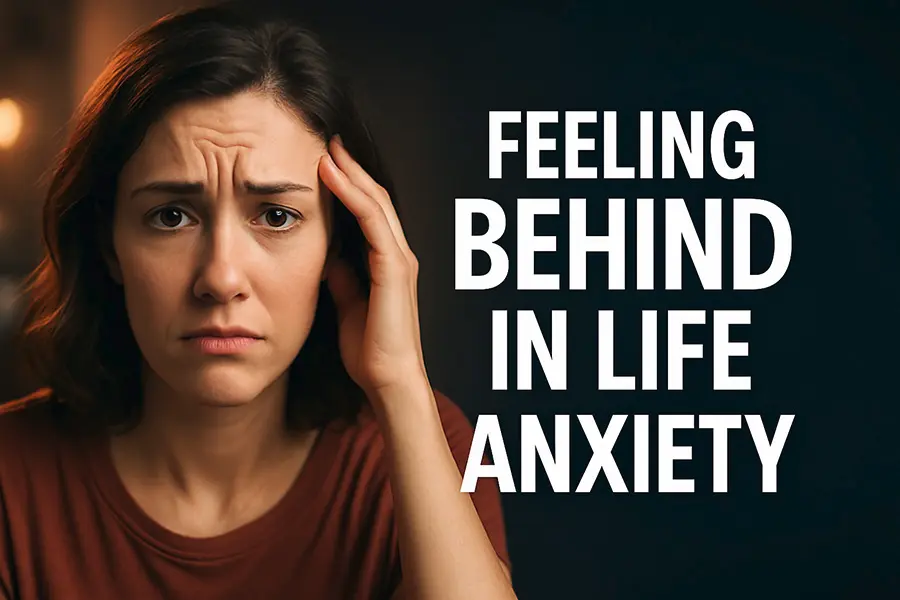
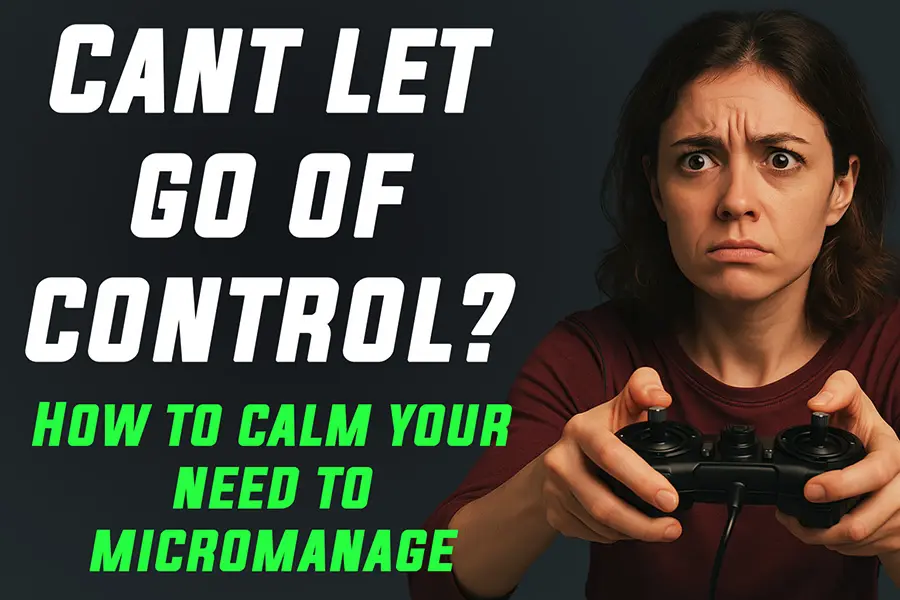
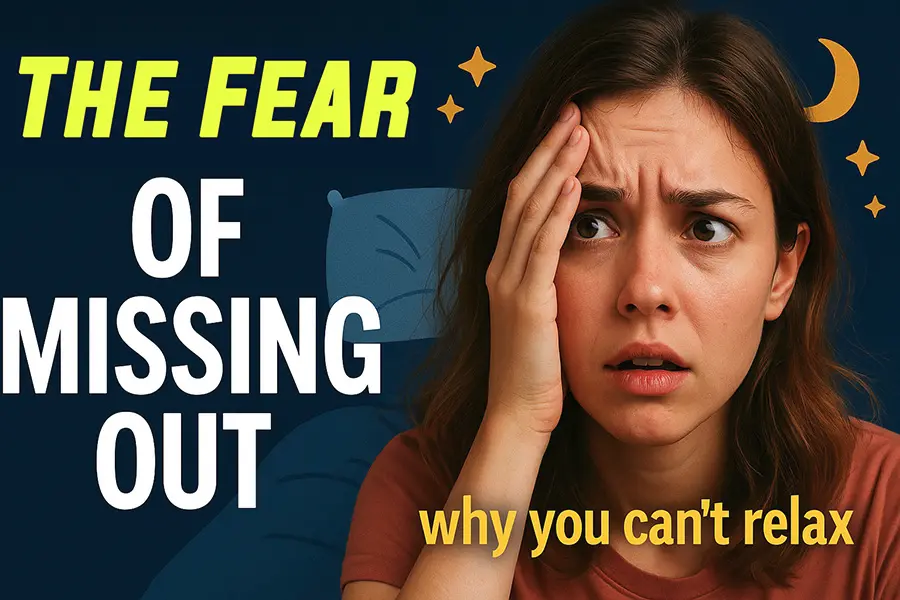
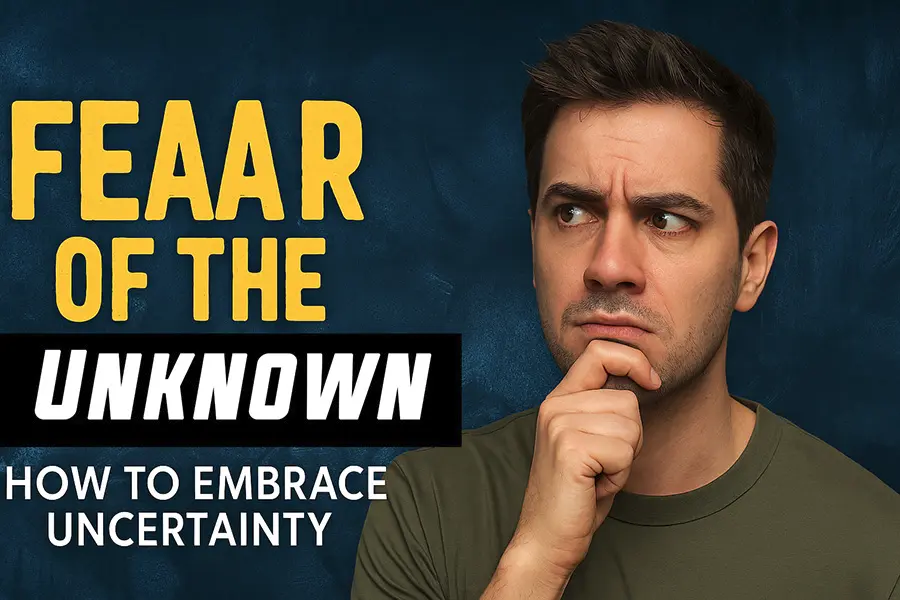
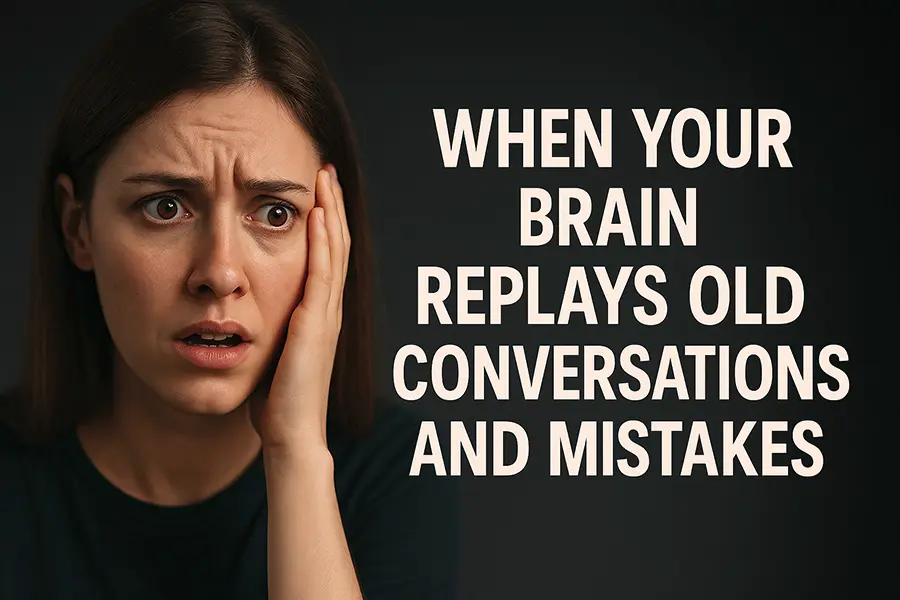










Leave a Reply